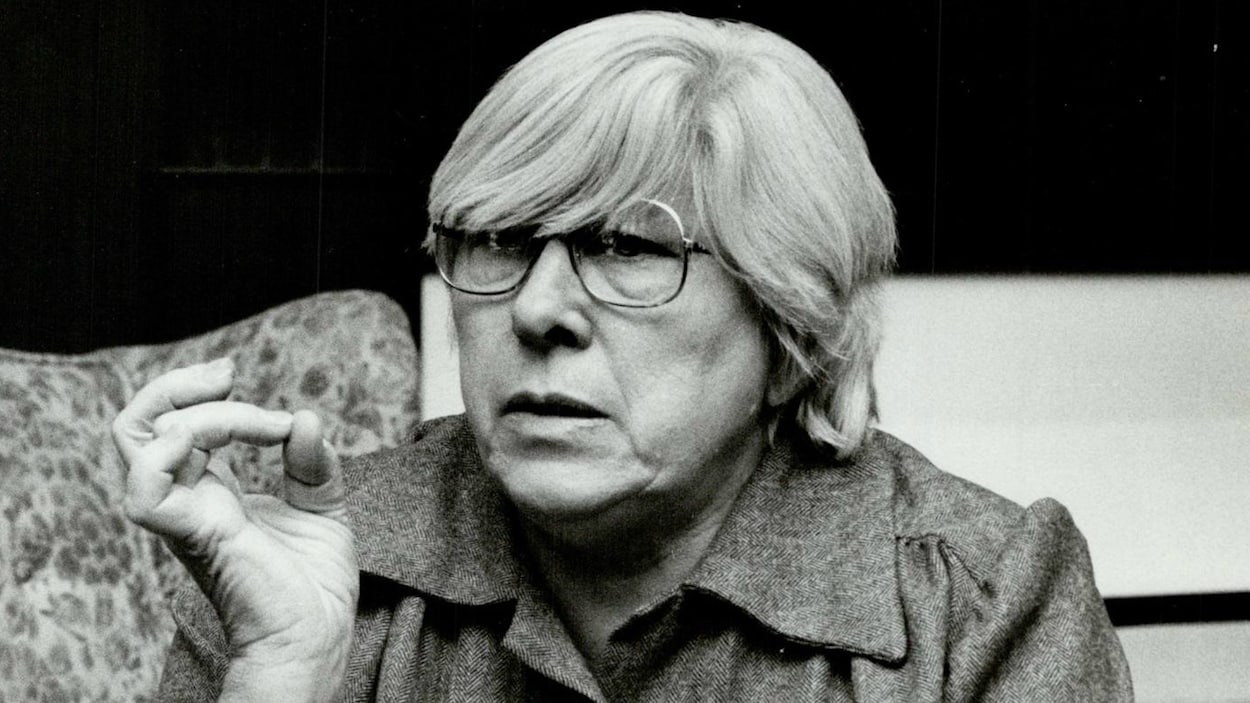Atheism is reportedly on the rise in America. Exact numbers are hard to determine, partly because many atheists prefer to keep their disbelief to themselves. Given the suspicion and resentment shown by some religious people, that choice is not unreasonable.
Atheism has the misfortune of being defined negatively, by what it doesn’t believe. But atheists state their position positively. The organization “American Atheists,” for example, defines atheism as loving self and fellow man “instead of a god,” as striving for “heaven” on earth rather than in an afterlife, as relying on “inner conviction and strength” rather than prayer to meet life’s challenges, and as finding fulfillment in knowledge of self and others.
Religious believers tend to take a harsher view of atheists than of agnostics, no doubt because the former tend to attack rather than ignore religion. Interestingly, Revelation 3:16 suggests that God takes the opposite view, being more offended by those who are lukewarm than by those who are either hot or cold.
How can Christians in general, and Catholics in particular, view atheists more fairly and charitably? Here are two ways:
Reflect on the Christian view of faith and grace. Faith means “belief” or “set of beliefs,” as summed up, for example, in the Nicene Creed. Grace has several meanings, the main one being “benevolent gift,” others focusing on the specifics of the gift, notably insight, illumination, or discernment concerning a moral response and a prompting to choose that response. (Catholic theology proposes two kinds of grace, sacramental and actual.) Beyond these simple definitions, however, lurks complexity, notably when it comes to the relationship between faith and grace.
If you were to pick up a copy of the Catechism of the Catholic Church and look up the two terms, here is part of what you’d find, with paragraph numbers in parentheses: faith cooperates with grace (155); faith receives grace (1983); faith responds to grace (357); grace awakens faith (684); grace produces faith (644, 1966); grace enables faith (153, 2001); grace renews faith (1520); grace welcomes faith (35); grace influences faith (591).
Most Christians cite the same authority for their view of the relationship between grace and faith, Ephesians 2:8—“For by grace you have been saved through faith; and that not of yourselves, it is the gift of God.” But an interesting question arises from this passage: Does faith create grace or does grace create faith? The two are certainly intertwined, but the most reasonable answer is that grace comes first and then faith. If it were otherwise, there would be no way for God to convert unbelievers.
If grace and faith are gifts freely given by God to whomever he chooses, it is unfair to scorn people who lack those gifts. Of course, it is possible for atheists to resist grace and reject faith. The problem is that we have no way of telling which atheists have rejected the gift and which have not yet received it, so charity demands we not assume that anyone’s unbelief is willful.
Reflect on the issue of faith versus works. This issue has divided Christians for centuries. The problem originated when St. Paul said that justification is by faith rather than by works and St. James said “faith without works is dead.” Catholics embrace both views; Protestants embrace Paul and discount James. In Mere Christianity, C. S. Lewis, an atheist turned Anglican, treated the issue as follows:
“Christians have often disputed as to whether what leads the Christian home is good actions, or Faith in Christ. I have no right really to speak on such a difficult question, but it does seem to me like asking which blade in a pair of scissors is most necessary.”
Lewis’ analogy is apt. We can hold faith above works but we should not denigrate works. Jesus repeatedly made clear that professing is no substitute for doing. For example, he admonished his disciples, “not everyone who says to Me, ‘Lord, Lord,’ will enter the kingdom of heaven, but he who does the will of My Father who is in heaven will enter.” (Matthew 7:21, emphasis added.) He also told the parable of the two sons: “ A man had two sons, and he came to the first and said, ‘Son, go, work today in my vineyard.’ He answered and said, ‘I will not,’ but afterward he regretted it and went. Then he came to the second and said likewise. And he answered and said, ‘I go, sir,’ but he did not go. Which of the two did the will of his father? They said to him, ‘The first.’” (Matthew 21: 28-31).
Some Christians object to assigning works any merit because all the credit is God’s. They say God gave us our minds and bodies and the grace to use them to do good things. This argument is correct as far as it goes, but there is one other important gift God gave us—the free will to act in accordance with, or in opposition to, His will. The gift is God’s, but the way we use it is ours alone. Therefore, our choices—and by extension, our works—carry merit or blame. (Otherwise, why would the Bible be filled with exhortations and warnings to do the right thing?)
We have it on Christ’s own word that works play a vital role in divine judgment: “Behold, I am coming quickly . . . to render to every man according to what he has done.” (Revelation: 22:12)
This passage raises an interesting question: Did Christ mean the words “every man” to include unbelievers? If so, then despite their unbelief, atheists will be rewarded for their good works. And as most of us can attest from experience, many atheists (and agnostics) perform such deeds. They feed the hungry, clothe the naked, visit the sick, forgive those who offend them, and labor for peace and justice, sometimes more diligently and generously than many Christians do.
One final thought on regarding atheists more fairly and charitably: God alone knows the timetable by which each person is drawn to Him, the varieties of grace through which the process occurs, and each person’s response to that grace. Our energies are therefore best spent, not in presuming to judge our unbelieving neighbors, but in striving to treat them as we would be treated.
Copyright © 2015 by Vincent Ryan Ruggiero. All rights reserved








